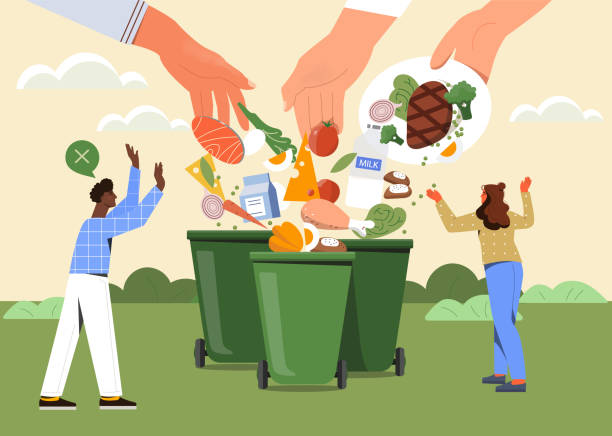

Food added in cart.
Loading...
Repurposing food wastage refers to finding ways to use or reuse food that would otherwise be discarded, in order to reduce waste and make better use of resources.
Connecting a restaurant with a non-governmental organization (NGO) refers to establishing a relationship between the two entities in order to achieve a shared goal to reduce food waste.
Equity refers to fairness and justice in the distribution of resources, opportunities, and privileges within a society.
The goal of a food bridge is to increase the efficiency and sustainability of the food system, and to reduce food waste and hunger.

At our company, we are dedicated to finding innovative solutions to the problem of food waste through food sharing. With approximately one third of all food produced globally going to waste, it is a significant issue that has environmental, social, and economic consequences.
We believe that by working together and sharing excess food, we can make a real difference in reducing food waste and creating a more sustainable food system.
Our approach includes partnering with businesses and organizations to recover excess food and redistribute it to those in need, as well as working with communities and individuals to encourage food sharing and reduce waste at the household level. We also educate and raise awareness about the importance of food waste reduction and the benefits of food sharing.
We are passionate about our mission and believe that by working together and sharing excess food, we can create a future where food waste is significantly reduced and resources are used more efficiently. We invite you to join us in this important effort.
See Listed FoodOur vision is a world where food waste is significantly reduced and resources are used more efficiently through the power of food sharing. We envision a society where excess food is regularly recovered and redistributed to those in need, rather than being discarded, and where individuals and communities actively work to reduce food waste in their daily lives.
We believe that by fostering a culture of food sharing and waste reduction, we can create a more sustainable and equitable food system. This will not only benefit those who receive the shared food, but also the environment, as the production, transportation, and disposal of excess food places a significant burden on natural resources and contributes to climate change.
We are committed to working towards this vision through education, awareness campaigns, partnerships, and the development of new technologies and practices. We invite others to join us in this important effort and together, we can create a future where food waste is a thing of the past.
See Listed Food
These listings provide information on excess food available from various restaurants, which can be collected and distributed by NGOs.
No food is listed here.
Both restaurent and NGO has you register in this annasetu.com
annasetu.com is a platform or website that allows both restaurants and non-governmental organizations (NGOs) to register and potentially connect with each other.
Platform is designed to help restaurants and NGOs find each other and establish partnerships or collaborations, with the goal of achieving shared goals such as reducing food waste or providing meals to those in need.
The collaboration between the restaurant and NGO begins with the registration process, in which both entities must register on the platform.
Once registered, the restaurant can publish information about excess food and the time slots during which it is available for pickup. The NGO can then reserve a pickup slot in order to collect the excess food.
After reserving a pickup time slot, the NGO can collect the excess food from the restaurant.
After collecting the excess food from the restaurant, the NGO can distribute it to people in need, in order to provide meals and reduce hunger in the community.
We'd be happy to connect and discuss how we can work together to address the issue of food waste.